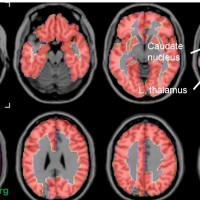In the film The Holiday, Cameron Diaz exclaims “Severe stress … causes the DNA in our cells to shrink until they can no longer replicate.” Did Hollywood get the science right?
The enzyme that builds and maintains the caps at the tips of our chromosomes (called telomeres) appears to slow the aging of our cells. Do people who are stressed have shorter telomeres? To answer that question, researchers from the University of California, San Francisco measured the telomere lengths in mothers of chronically ill children—what could be more stressful than that? The longer a woman had spent being the main caretaker of her ill child, the shorter her telomeres. The extra telomere shortening in the most stressed mothers was equivalent to that caused by at least a decade of aging. We see the same thing in caregivers of Alzheimer’s patients and in those suffering severe work-related exhaustion. Even those abused as children may grow up with shorter telomeres.
There’s not much we can do about our past, but if we manage our stress now, can we grow some telomeres back? If we go on a meditation retreat and meditate for 500 hours, we can indeed boost our telomerase activity (the enzyme that restores our telomeres)—but there’s got to be a quicker fix.
In an exciting study from UCLA and UC San Francisco (highlighted in my video, Does Meditation Affect Cellular Aging?, caregivers of family members with dementia were randomized to just 12 minutes of daily meditation for eight weeks, or just about ten hours in total. The meditators experienced significant benefit, including better mental and psychological function accompanied by an increase in telomerase activity, suggesting an improvement in stress-induced cellular aging.
I cover the comparable effects of diet and exercise in my video Telomeres – Cap It All Off with Diet.










